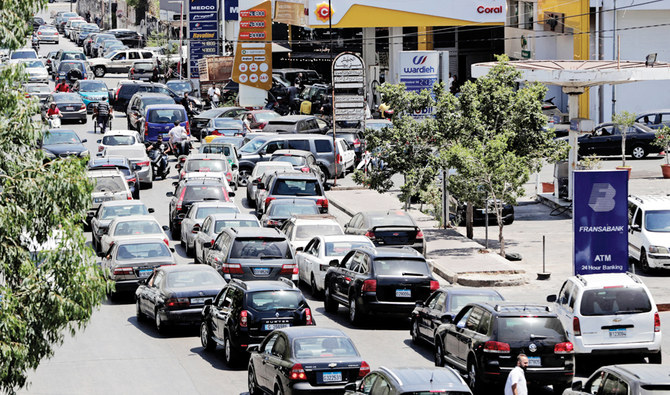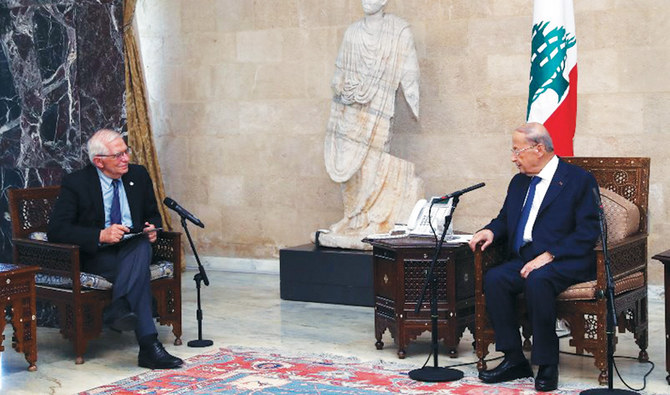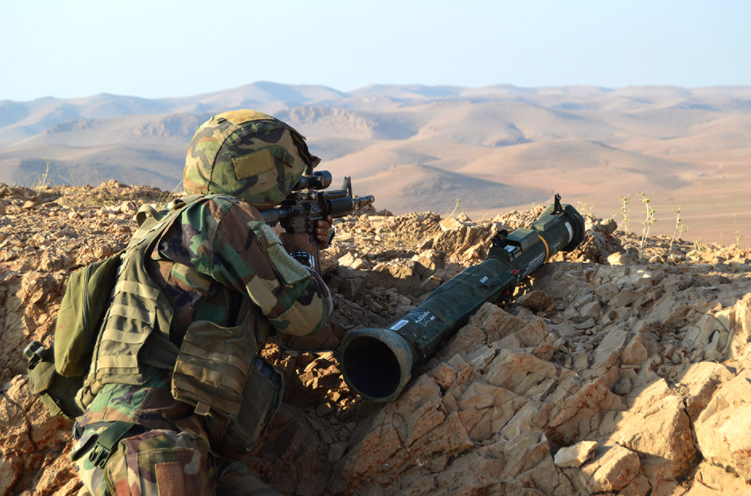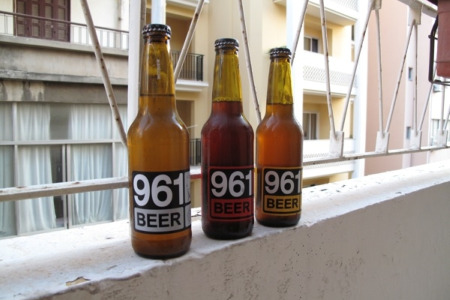
By NAJIA HOUSSARI – arabnews.com — BEIRUT: Demonstrators blocked a highway connecting Lebanon and Syria on Monday with burned tires and metal bars, protesting a decision aimed at curbing smuggling into Syria. Gasoline smugglers blocked the Masnaa crossing after security forces moved to prevent them from driving through the legitimate crossing. Amid worsening living conditions in Lebanon, some are filling up their cars with goods and fuel and traveling into Syria through the Masnaa crossing to sell them on the other side at double the price. “The process involves paying bribes to pass into Syrian territory, so when the Lebanese side decided to prevent smuggling, the smugglers protested,” said a security source. Customs authorities in Lebanon’s eastern Bekaa region announced they will strictly enforce permit requirements for vehicles going into Syria to limit fuel smuggling. Protesters on the international highway demanded the process be applied to everyone crossing into Syria or be scrapped.
The Lebanese are still queuing for hours at gas stations to get subsidized gasoline, with a 20-liter canister of gasoline being sold for 44,000 Lebanese pounds ($29). On the black market, the price is between 70,000 to 100,000 Lebanese pounds. The shocking costs have led to citizens waiting at gas stations getting into fights. One person was wounded from a fistfight that turned into a shooting in front of a station in Tripoli on Monday. The minister of energy in the caretaker government, Raymond Ghajar, said a few days ago: “The real price of a canister is about 200,000 Lebanese pounds, while the Lebanese now pay about 40,000 Lebanese pounds.” His remarks came amid indications that the substance will no longer be subsidized “at a certain point.”









